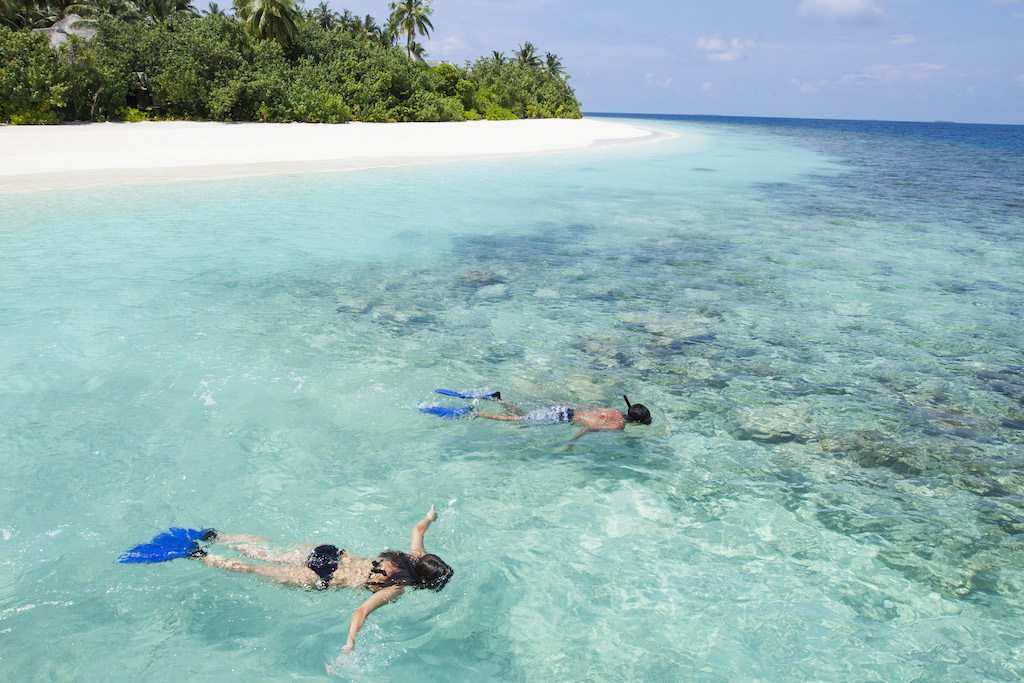Skift Take
At a time when hotel companies are investing so much into brand differentiation, their time may be better spent thinking as much or even more about the individual guests than brand swim lanes, suggests this new report from Deloitte.
What should the hotel of the future look like?
That’s what Deloitte attempted to answer recently when it conducted an ethnographic research study with Doblin.
What Deloitte found in its research was that the hotel industry needs to think outside “silos defined by brands and spaces” and become an “integrator” of experiences, people, cultures, spaces, and processes. In other words, the hotel of the future is about people, first and foremost. The hotel of the future has to think outside the traditional four walls and into the overall experience.
“The hotel of the future is an integrator,” Ramya Murali, Deloitte senior manager of strategy and operations said. “What that effectively means is it is no longer just a hotel; it’s more than just a lodging experience. The hotel space can be a way to create new experiences for your guests. To enable connections. To be a more active participant in the community. It should offer more services and support than simply lodging. If a hotel company or brand were to think about some of these other ways they can support a guest, it doe s a lot offset some of the disruption they are seeing today, some of the challenges they are facing a they see guest behaviors evolve.”
Deloitte, through Doblin, conducted a total of 19 different interviews with a variety of “extreme travelers,” frequent business travelers, a hotel owner, a hotel operator, an Airbnb host, and industry specialists to gain a better understanding of who they are as traveler types, and what they expect from their accommodation experiences.
What Deloitte and Doblin came up with were five different traveler archetypes: curator, matchmaker, neighbor, architect, and choreographer.
“What this report shows is that you can think of the hotel as a platform,” said Stephen Jennings, U.S. leader of hospitality for Deloitte. “It’s a venue to so many other things in the community and it brings the community into the hotel. The walls of the hotel are being more porous for crafting really differentiated travel experiences, independent of brands. The hotel is a physical, digital infrastructure and community platform for doing that.”
The report’s finding seems to echo a larger hospitality trend we’re seeing with more hotels increasingly focused on offering experiences that extend beyond just the hotel, or crafting the hotel into more of a community center, as AccorHotels CEO Sebastien Bazin has noted before as a model for the hotel of the future. In terms of offering experiences for guests beyond the hotel, some brands that are doing just that include Four Seasons Hotels and Resorts, Peninsula Hotels & Resorts, and most recently, Outrigger Resorts. Most notably, too, Airbnb recently announced the launch of Trips, peer-to-peer tours and activities that travelers can experience in a total of 12 different cities worldwide.
Brands, Jennings and Murali both noted, remain important for defining hotels but they said this research showed brands aren’t everything.
“We do not think brands are dying,” Jennings said. “We do think one of the difficulties is that the more brands you have, the harder it is to separate your brands.”
He said the five traveler archetypes identified in the report can be used as a way for hotels to think about how to design their hotels and offer valuable experiences, in addition to branding.
“Within a brand you can think about how to adapt and evolve offerings based on the geography you’re in, the community around the hotel, the context of the traveler,” said Murali. “Thinking about how you layer these integrator types to provide a more dynamic experience for the guest.”
More importantly, Jennings said, he hopes this report will help hoteliers simply think more differently about how they approach their hotels. “There’s a bigger role that hotels can play to add to their revenue streams and engage with consumers, but it requires a reframing of their operating and business models.”
Have a confidential tip for Skift? Get in touch
Tags: deloitte, travel research
Photo credit: Guests who stay at the Outrigger Konotta Maldives Resort can learn about coral reef caretaking with the resort’s resident marine biologist as part of Outrigger's new and complimentary Signature Experiences program. Outrigger Resorts
